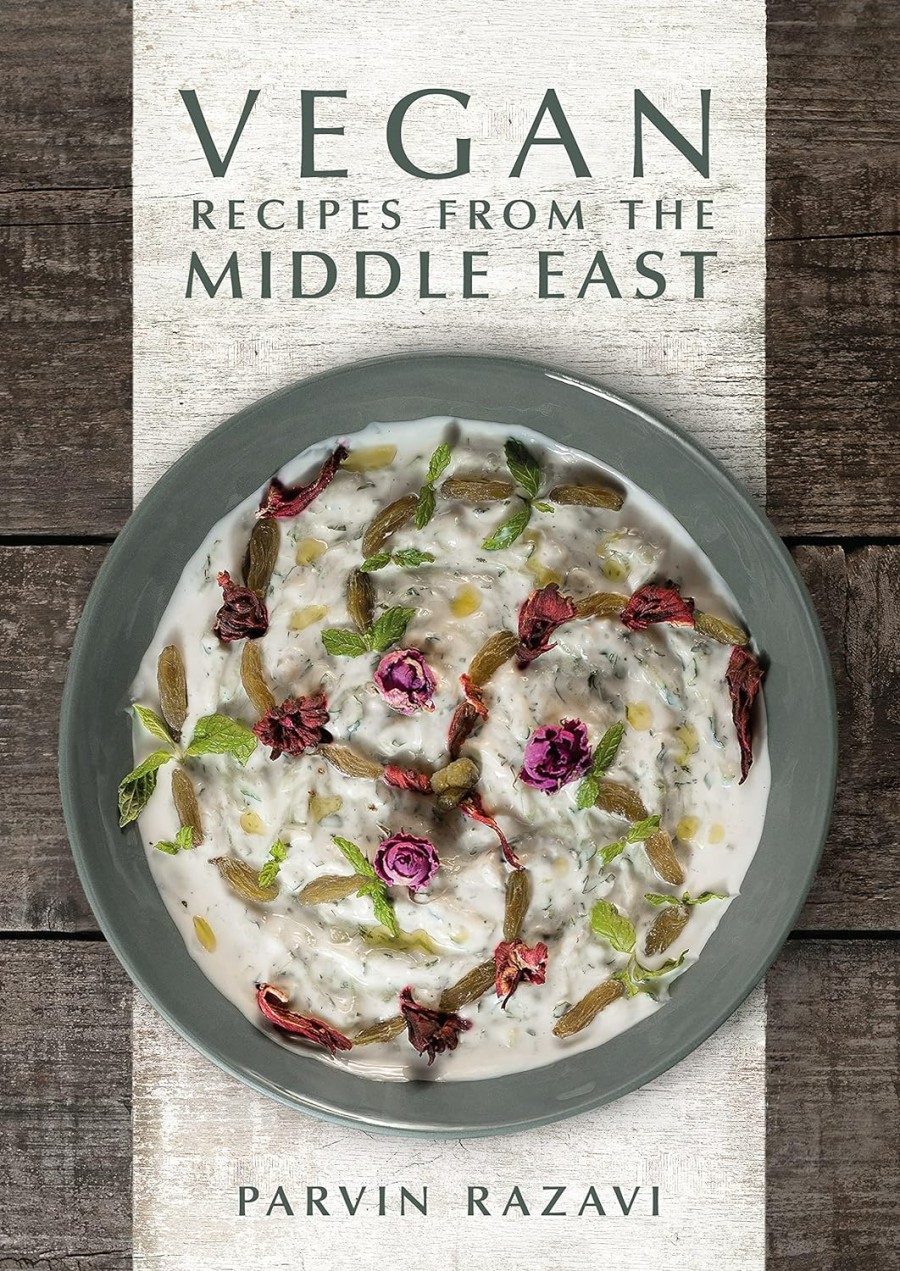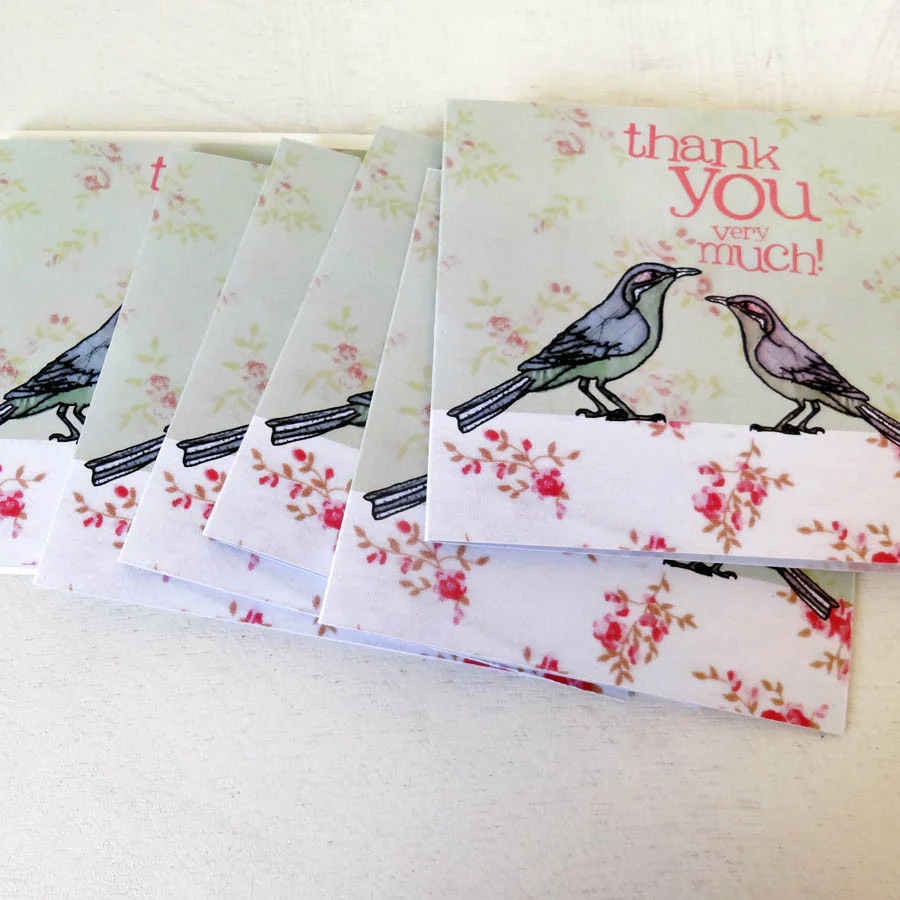Nemi Organic Tea (giving jobs to refugees)

Everyone in England likes a nice cup of tea. Nemi Tea is a London social enterprise, which uses profits to give jobs and incomes to refugees, arriving in England often after traumatic experiences.
NHS says that it’s best to avoid caffeine for pregnancy/nursing (or no more than 2 cups of weak tea daily – or 1 cup of mild coffee or cola). Also avoid caffeine for certain medical conditions.
Use a sink drainer to catch tea leaves, then bin (caffeine may affect compost creatures). Same with coffee grounds.
Most teas are packed in plastic, which means that when you pour hot water over the tea bags, you’re literally drinking microplastics. Fair Trade tea is also important, as tea plantation workers often live in some of the poorest countries on earth.
And tea leaves are very absorbent, so choosing organic not only is good for you and the planet, but the tea plantation pickers (they don’t therefore have to wear protective clothing, in very hot climates).

This tea is not just Fair Trade, but made with organic tea leaves. Not just good for the planet, but good for tea plantation workers, who often work in some of the hottest temperatures on earth (they therefore don’t have to wear extra clothing to protect themselves from chemicals).
Sold in pretty zero waste cardboard tubs (you can recycle the inner packaging at supermarket bag bins), the range (serve with oat milk or cashew milk includes:

- English Breakfast Tea (the classic, ideal for your veggie full breakfast). Or serve with a slice of vegan Victoria sponge (enjoyed by Queen Victoria at her Isle of Wight summerhouse).
- Earl Grey (if you’re a bit posh). This is spiced with bergamot oil, best without milk. This smoky Assam tea also has a blue hue, thanks to the addition of cornflower petals.
- Spicy Chai (the Indian classic, loved worldwide). This featuring black tea warmed up by spices of ginger, cinnamon, peppercorn, cloves and cardamom. Ideal to sip on one of England’s many cold rainy days.
- Green Tea (this is the healthiest tea, some love it – others don’t!) This version is not so bitter, due to delicate steamed green leaves from Southern India’s Nilgiri District.







